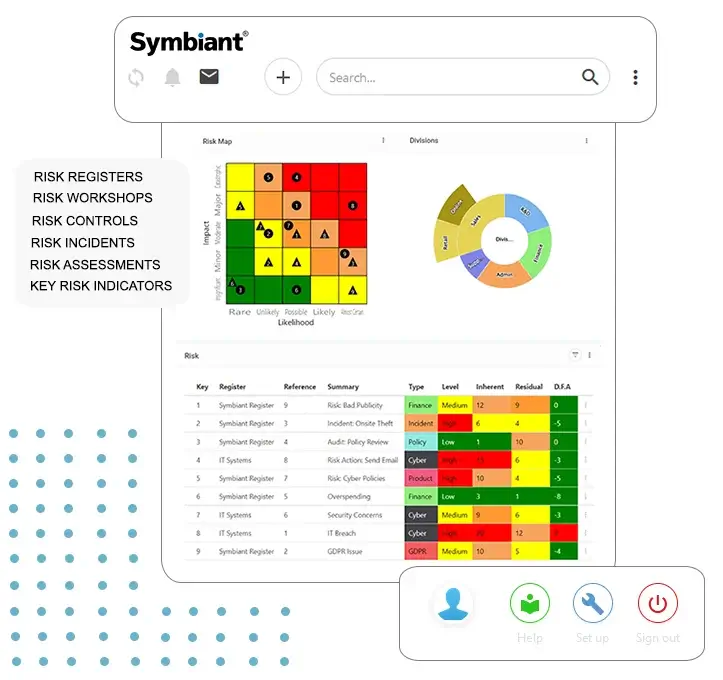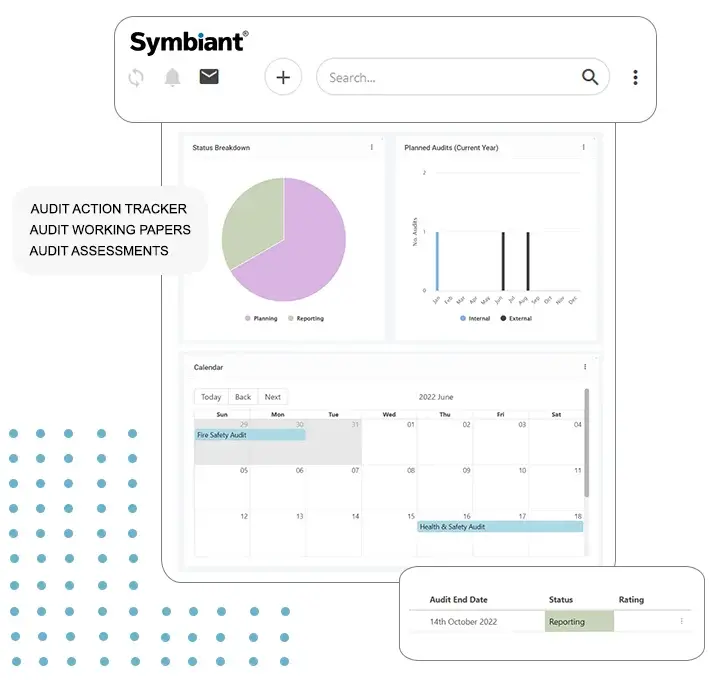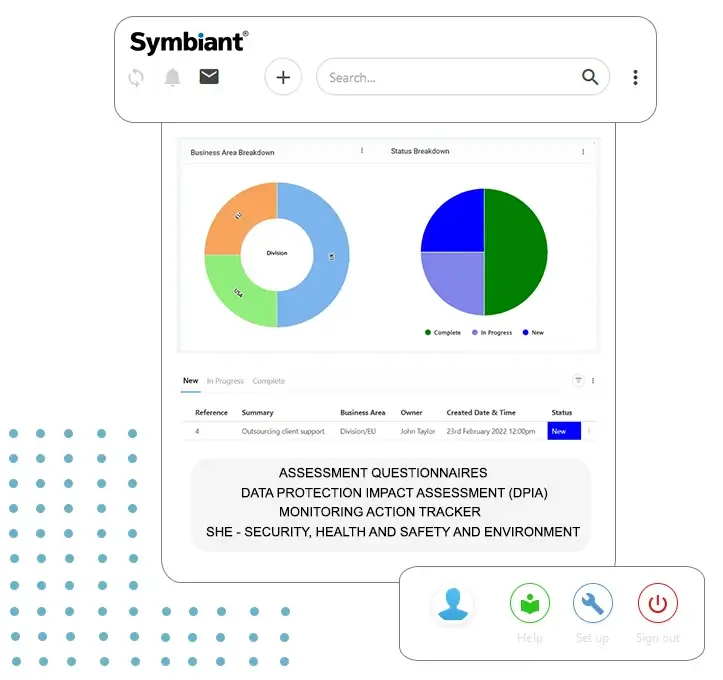Risk inertia strikes when risk mitigations don’t get delivered. Despite approval of action plans, risks just hang there waiting to happen. It may be people can’t be bothered, or it is too much hassle, or they don’t really believe the risk is that great or that likely to occur (in which case re-assess it). It is like any other form of inertia, and can eventually lead to catastrophe.
Most of America’s founding fathers were slave-owners* even though it went against the principles of the American Revolution. Of those that weren’t, only one was a lifelong abolitionist: Alexander Hamilton, currently the subject of a hit Broadway and West-End musical. Regarding abolition, Hamilton worried that: “Prejudice and private interest will be antagonists too powerful for public spirit and public good.” Despite the fine words of many of the founding fathers denouncing slavery, they did nothing about it, kept their slaves, and in some cases actively promoted slavery’s continuance even though it undermined the Revolution and threatened the unity of the young nation.
Today, the facts of climate change are incontrovertible and while politicians renew pledges to meet targets, the market has priced in a 4°C rise in global temperatures, and last year global demand for oil reached a record 100 million barrels a day (current government policies around the world will lead to a level of 121 million barrels a day by 2040).
Real action seems hard to galvanise, yet in the Second World War, Americans readily put up with blackouts across the US in places that no enemy aircraft could reach, with food rationing that was not really required, and with a 35mph national speed limit. There was clearly both a push for these measures and an acceptance of them. Does it take a war? Hamilton presciently wrote that it would require conflict to bring about the abolition of slavery.
So how do you declare war on your organisation’s/planet’s most critical risks?
The Symbiant Risk license includes Control Management and Assessment, controls can be tested on a regular basis to ensure they are working and still relevant. See the Risk Modules overview video
Data Sources: Alexander Hamilton – Ron Chernow, FT Weekend Magazine: Can the World kick its Oil Habit?, FT review of We are the Weather – Jonathan Safran Foer
* Washington (first president) only freed his slaves in his will; Jefferson (third president) had hundreds of slaves and insisted that the British should compensate slave-owners for the slaves they freed in the course of the Revolutionary War; Madison (fourth president) once complained that he was so hard-up he would soon have to sell a slave; Adams (second president) held no slaves but did not advocate abolition; Benjamin Franklin had a few slaves but in later life became a fervent abolitionist.










